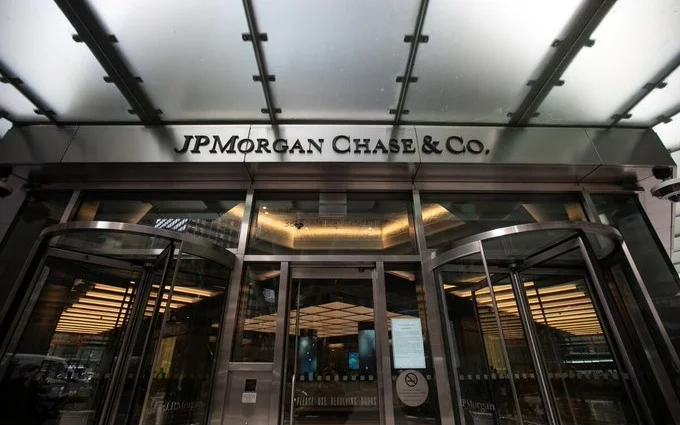JPMorgan warns of global recession risk amid new U.S. tariffs
JPMorgan analysts have raised the likelihood of a global recession in 2025 from 40% to 60% following the announcement of a new U.S. tariff policy—the most significant tariff increase since 1968, Kazinform News Agency correspondent reports.

On Wednesday, U.S. President Donald Trump unveiled a new tariff package that will result in an overall 22% increase in tariffs. Experts warn that these trade restrictions could trigger a domino effect, impacting business activity, supply chains, and global markets.
Moreover, the new tariffs are likely to prompt retaliatory measures from trade partners, further exacerbating the situation. Early signs of disruption have already emerged: automaker Stellantis has halted production at its plants in Mexico and Canada, citing supply chain disruptions.
Despite growing risks, JPMorgan emphasizes that both the U.S. and global economies remain fundamentally strong. However, the ultimate impact will depend on how severe the trade measures and retaliatory actions from other countries turn out to be.
Another possible scenario is a recession confined to the U.S., with the global economy remaining relatively stable. However, JPMorgan analysts consider this outcome less likely.
Analysts also warn that the long-term effects of the tariff policy could weigh on U.S. economic growth by discouraging investment and reducing immigration.
Further statements on U.S. trade policy are expected in the coming weeks, which may provide more clarity on the global economic outlook.
Earlier, Kazinform News Agency reported that Canada launched counter auto tariffs against U.S.
